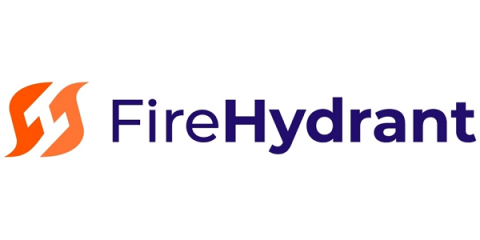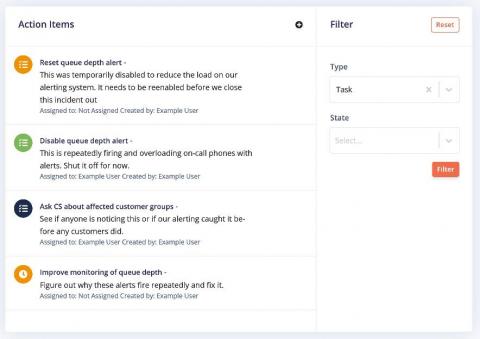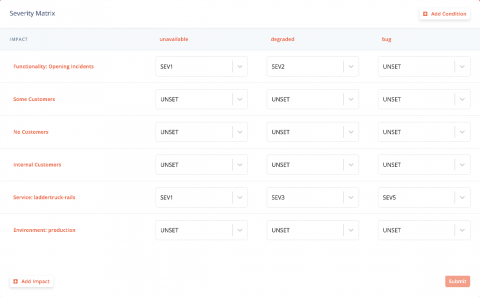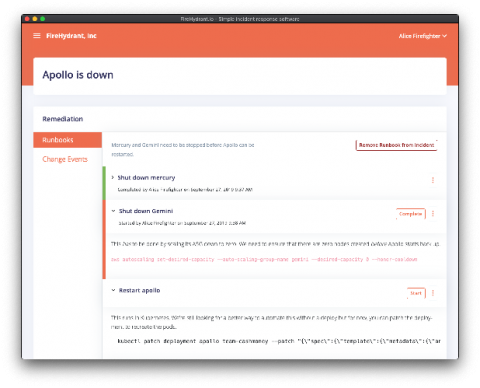Failover Conf Wrapup
Failover Conf was held on April 21, 2020, online. The folks at Gremlin came up with the idea of a virtual conference about reliability after many in-person conferences started being postponed or canceled due to COVID-19. The conference was a lot of fun to attend. I’ll be sharing some of my thoughts on the event and the talks I was able to catch. The videos for the talks haven’t been posted yet, but I’ll update this post with links to them when they are.






